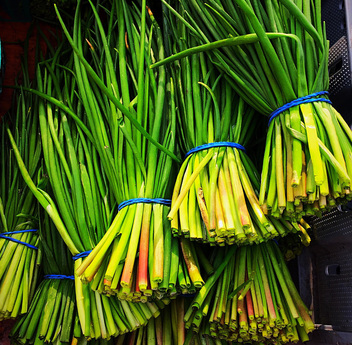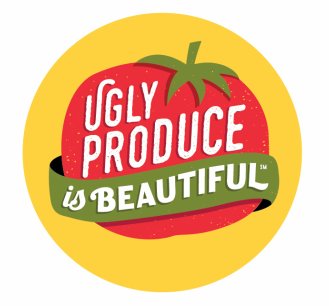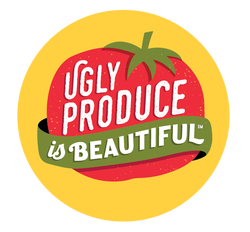 Rubber bands are one of the most convenient products invented in the twentieth century. But are they an environmental menace? And what does that have to do with Ugly Produce? Rubber bands were first patented by Stephen Perry on March 17, 1845 in London. They are used by numerous individuals and companies worldwide for a wide variety of purposes. Today you find rubber bands wrapped around your vegetables, around stacks of paper, your mail, or anything that you want to hold together as a group. All in all, more than 30 million pounds of rubber bands are sold in the United States alone each year. Although 75 percent of today's rubber products are made from the synthetic rubber perfected during World War II, rubber bands are still made from organic rubber because it offers superior elasticity. Natural rubber comes from latex, a milky fluid composed primarily of water with a smaller amount of rubber and trace amounts of resin, protein, sugar, and mineral matter. Most non-synthetic industrial latex derives from the rubber tree (Hevea brasiliensis), but various equatorial trees, shrubs, and vines also produce the substance Read more: http://www.madehow.com/Volume-1/Rubber-Band.html#ixzz4PQn7UKJJ What happens to so many rubber bands? It is speculated that most end up in the trash. The problem is that they do not decompose or cannot be recycled. The only ecological way is to reuse them. I have a drawer full of used rubber bands in my kitchen. How many can I really reuse? I always have too many. Why do I have a drawl in my kitchen? Because agriculture is the second largest user of rubber bands besides the post office. Vegetables such as celery, broccoli, beets, and asparagus, for example, are frequently bunched together with rubber bands, and the plastic coverings over berries, broccoli, and cauliflower are often secured with rubber bands. There’s no end in sight. I think I’ve witnessed the rise in the use of rubber bands over the course of my lifetime. When rubber bands are thrown in the trash, this waste often ends up in the ocean, causing harm to sea life. I have witnessed sea life entangled in rubber bands, plastic bags, plastic packing bands or six pack rings for sodas, off the coast of Santa Barbara, California. That was ten years ago on a boating excursion to view Sea Lions and Seals with the Sierra Club. That plastic and rubber trash gets stuck around them, causing bleeding sores and infections, and choking or starving them. Some had rubber bands entangled in their flippers. They get poisoned from ingesting them. Rubber bands harm small animals and beaks of birds, says the rspca.org.uk What does this have to do with ugly produce? Rubber bands seem to be everywhere. It's the little things, such as rubber bands, used in high volume. that don't decompose or that cannot be recycled, that can add up to be big environmental menaces! I know that we are advocating that imperfect produce not become food waste because of the huge environmental and emotional impact it has on our planet. But we should also think about the impact of the packaging and little things, such as rubber bands, plastic bags, clamshells, and packaging that accompany our imperfect, organic, and perfect produce, as well. Until now when I decided to speak up. Let’s Band Together! or find an alternative!
10 Comments
Renee Jansen
5/16/2019 01:11:48 am
Ive been searching for information on how to
Reply
Melanie Fisher
11/18/2019 06:35:59 pm
I’ve been looking for a biodegrable source of rubber bands.
Reply
3/28/2023 01:14:39 am
Thanks for sharing this post. I can also notice that rubber bands are everywhere.
Reply
4/29/2024 04:53:11 am
Interesting take on the topic, it's got me thinking.
Reply
5/2/2024 05:15:01 am
Enjoyable post! Grateful for this treasure trove. Need water heater repair Ogden? Visit our website.
Reply
7/23/2024 11:30:55 am
I'm constantly searching on the internet for posts that will help me. Too much is clearly to learn about this. I believe you created good quality items in Functions also. Keep working, congrats!
Reply
Leave a Reply. |
UPIB BLOGWelcome to the Ugly Produce is Beautiful Blog where we discuss important topics. Archives
November 2016
Categories |
|

 RSS Feed
RSS Feed
